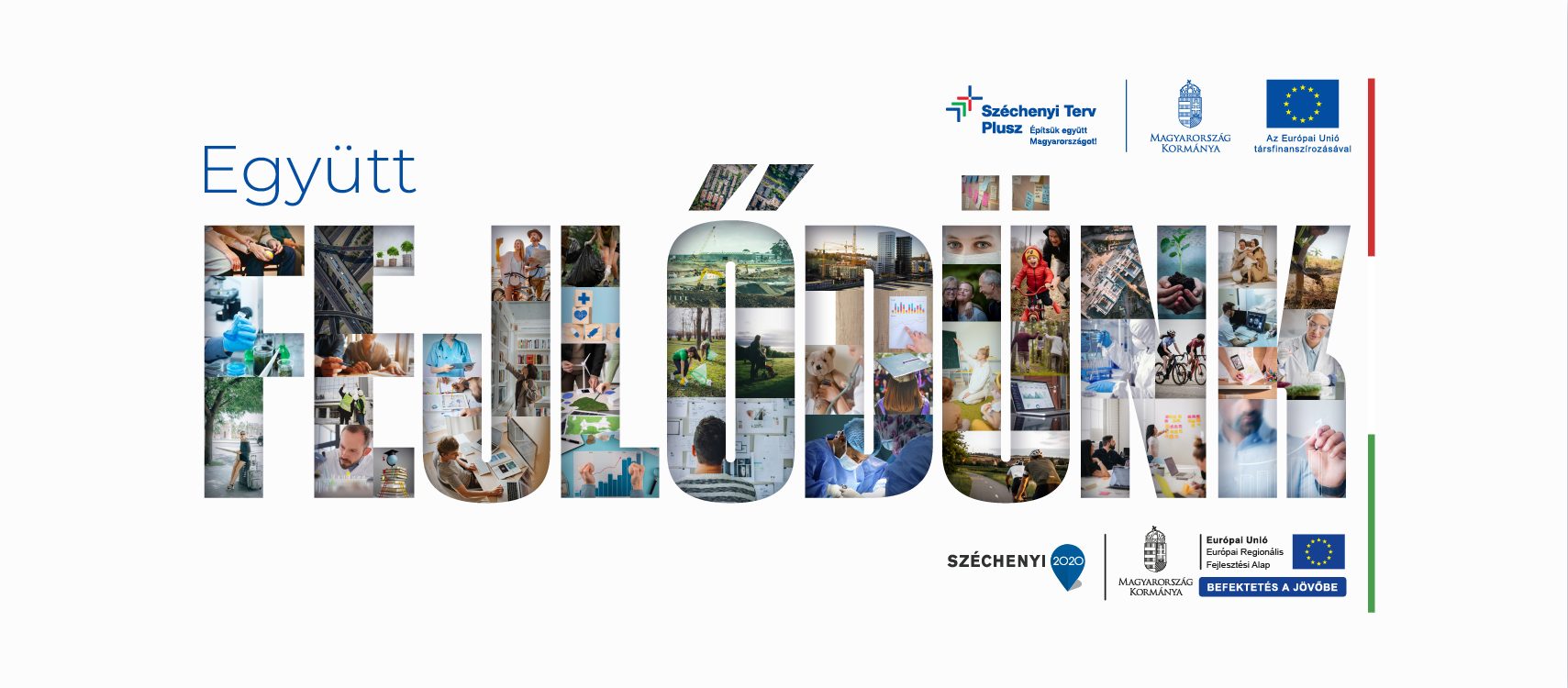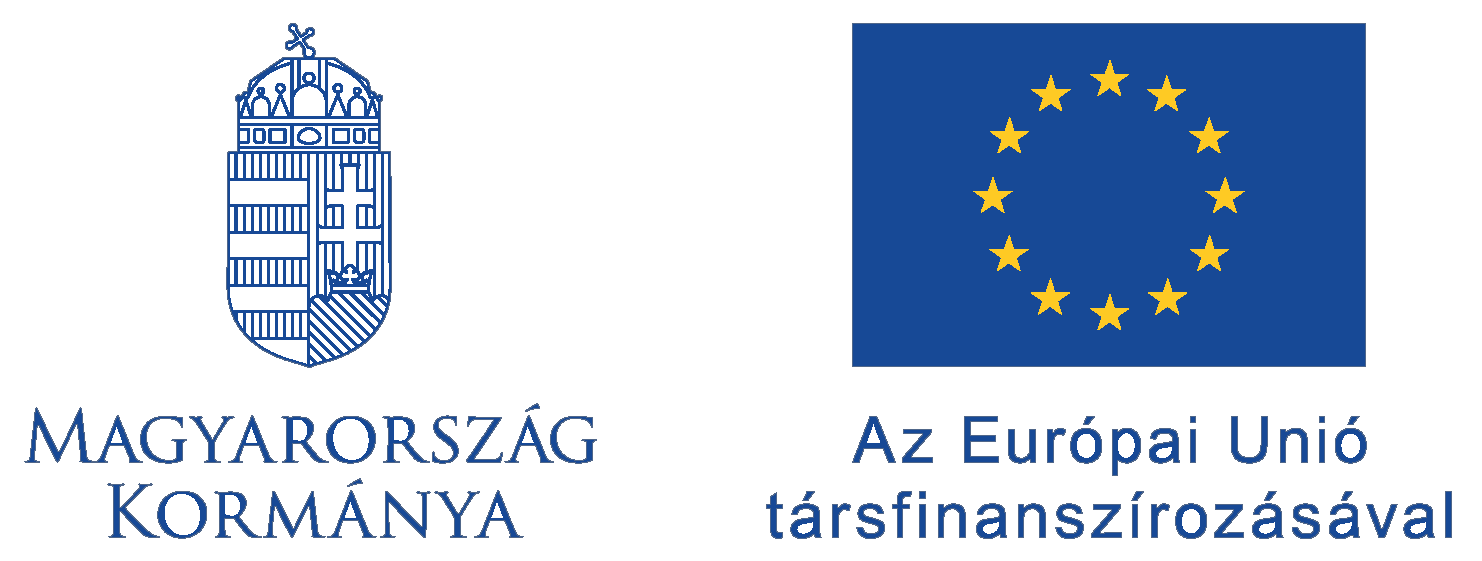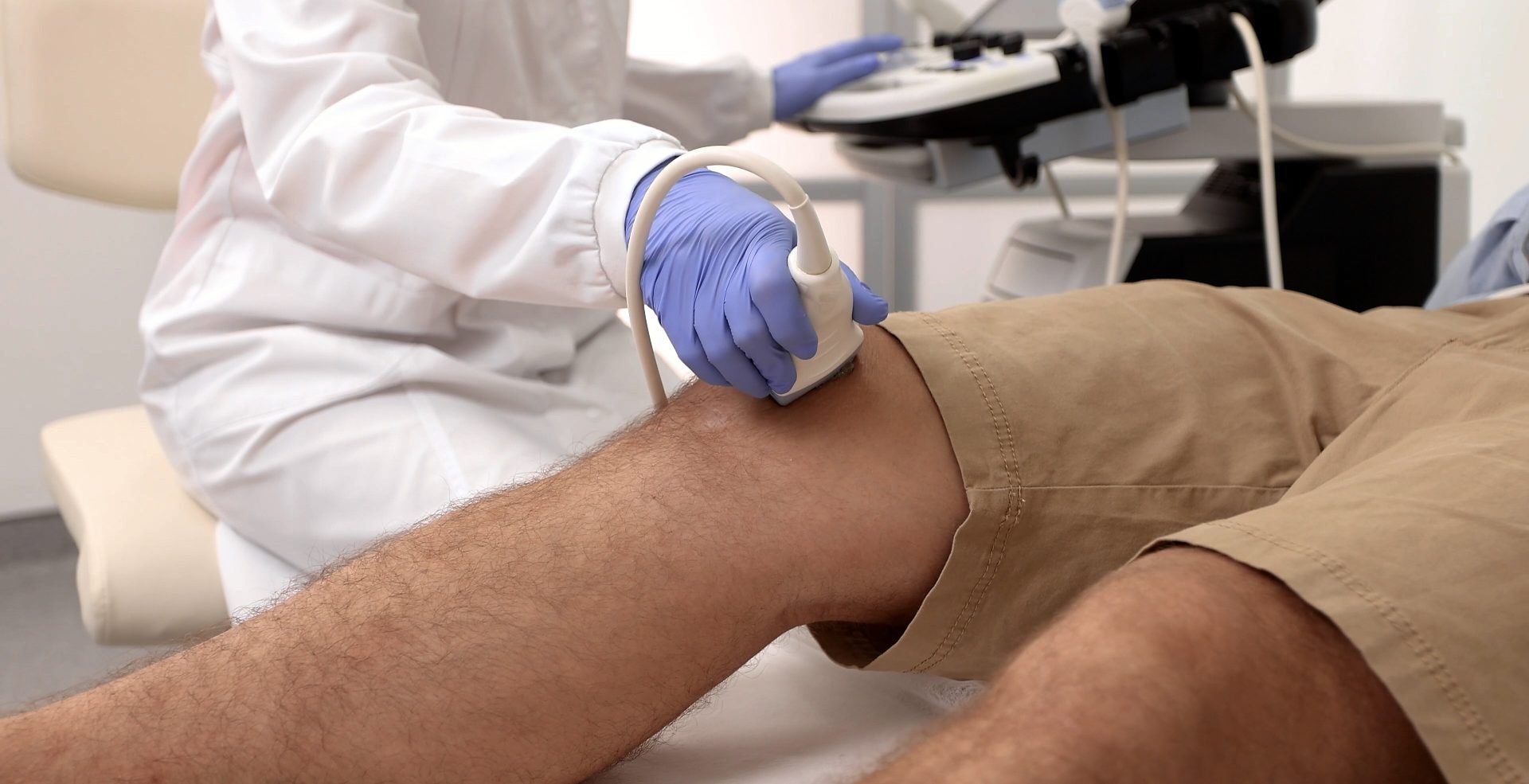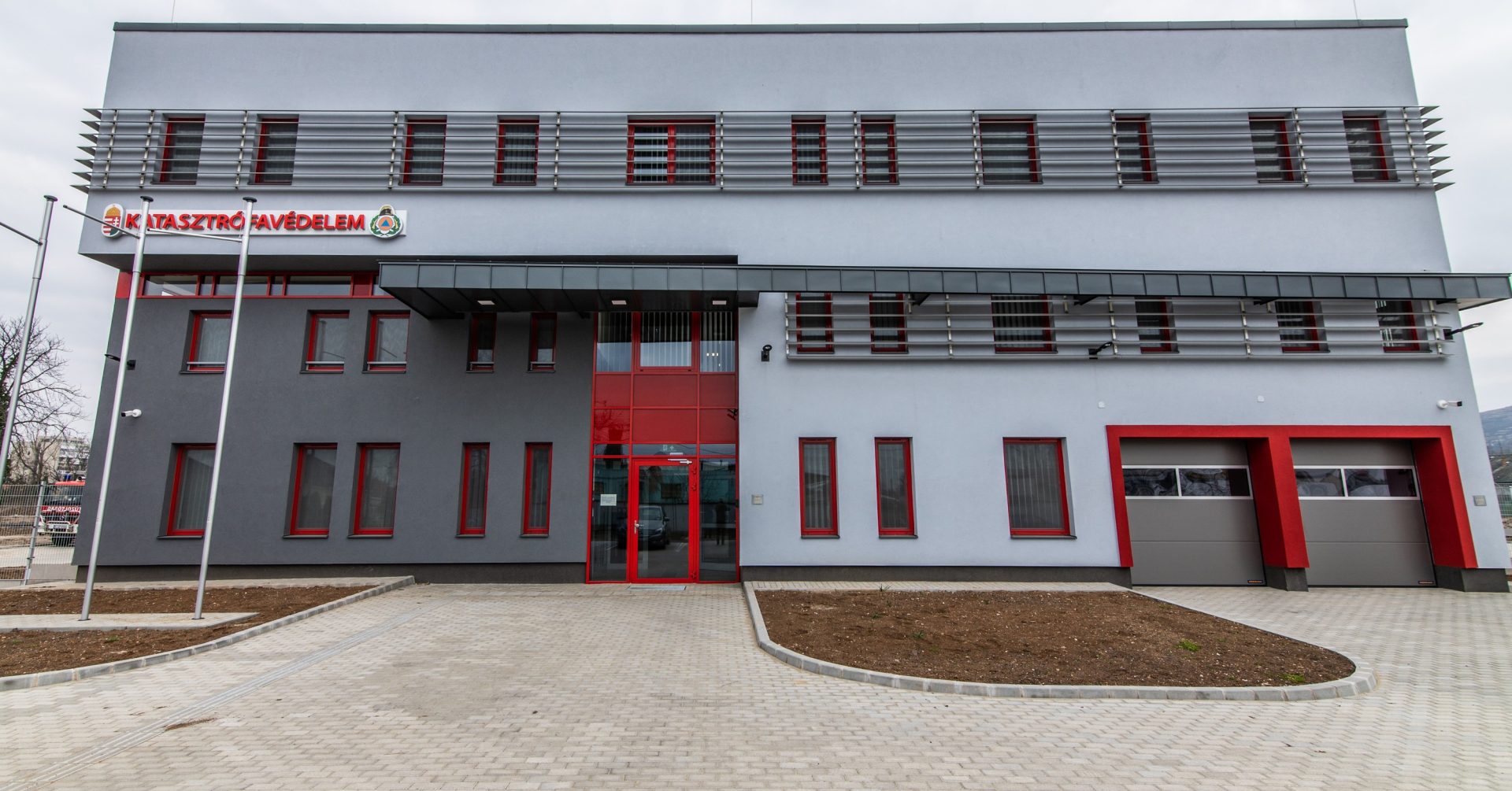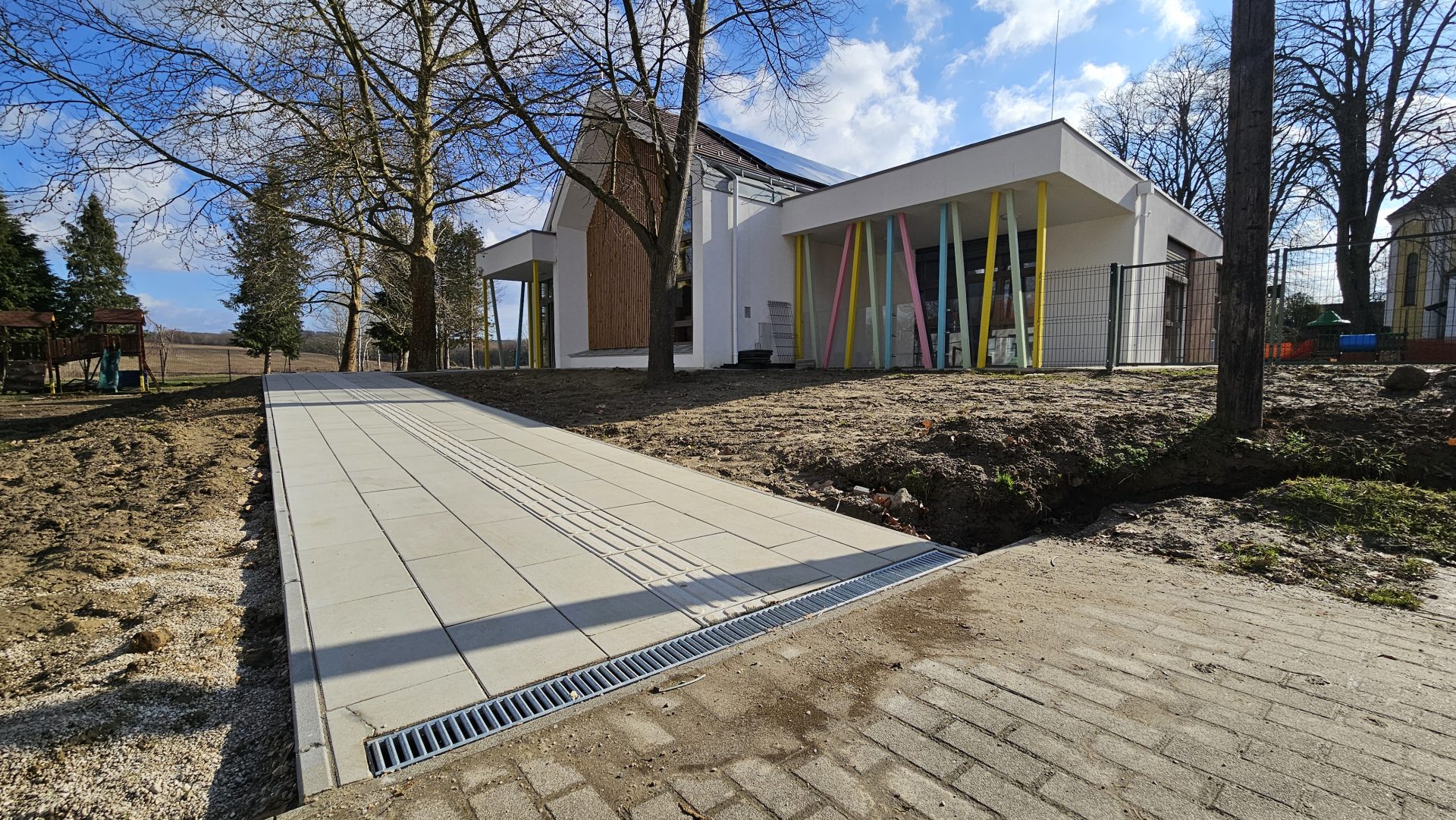The project implemented by the Slachta Margit National Institute of Social Policy under the Széchenyi 2020 program provides support for individuals with changed work capacity, assisting them in preparing for employment. It has also established ongoing partnerships with a variety of employers, covering multiple work areas, ensuring placement opportunities in the labor market.
Thanks to the co-financing of the European Union and the Hungarian state, a counseling network has been established at more than 40 locations where individuals with changed work capacity receive personal advice and assistance in preparing for employment. Since 2015, the project has facilitated the preparation and occupational rehabilitation of over 20,000 individuals with health impairments or disabilities. In addition to workshops and training sessions, events, job fairs, and forums for employers have been organized. Post-placement follow-up and data analysis of the employed workforce have also been conducted.
Throughout the project implementation, emphasis has been placed on building partnerships with employers covering a wide range of job opportunities. Employing individuals with changed work capacity in well-chosen positions creates a long-term win-win situation for both the employee and the employer.
Lack of experience and information on the part of employers about working with individuals with changed work capacity is a common reason for not meeting expectations in the labor market. Therefore, a key objective of the project is to shape and encourage the mindset of employers capable of employing individuals with changed work capacity through various supports and associated occupational rehabilitation services.
It is essential for individuals with health impairments or disabilities to understand that their work is genuinely needed in the Hungarian labor market. With the tools provided by the Slachta Margit National Institute of Social Policy and the project, they have the opportunity to establish themselves in the long term and contribute as valuable members of society.
The program was implemented with European Union funding in the EFOP-1.1.1-15-2015-00001 project under the Human Resource Development Operational Programme.
Find out more about the project in the Project Finder:Details
